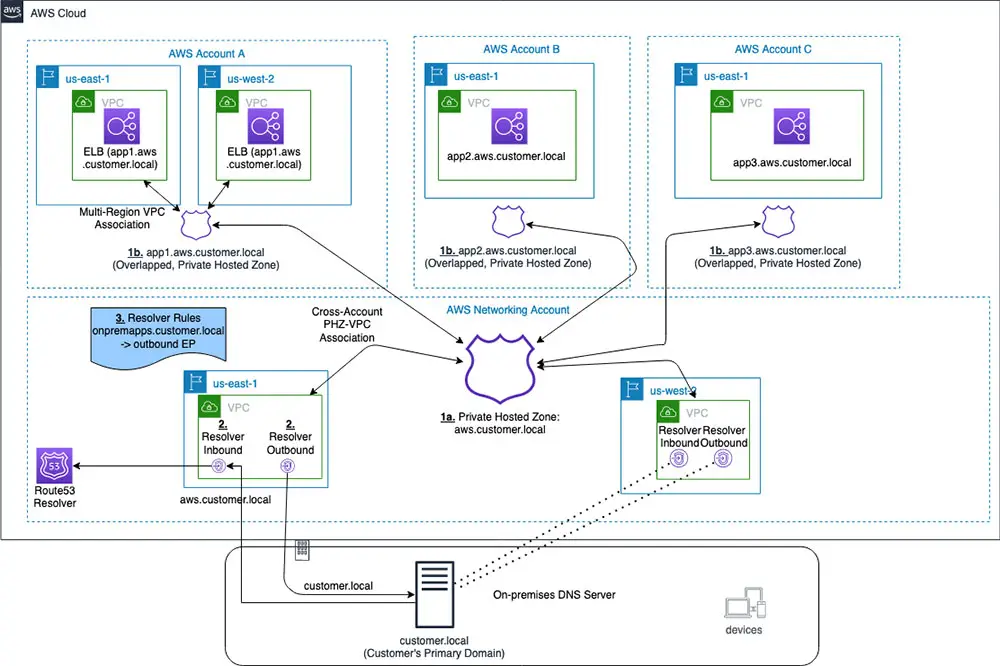Top 5 Architecture Blog Posts for Q1 2021
Reference Architecture :
By Bonnie McClure | Anandprasanna Gaitonde | John Bickle | Reference Link
The goal of the AWS Architecture Blog is to highlight best practices and provide architectural guidance. We publish thought leadership pieces that encourage readers to discover other technical documentation such as solutions and managed solutions, other AWS blogs, videos, reference architectures, whitepapers, and guides, training and certification, case studies, and the AWS Architecture Monthly Magazine. We welcome your contributions!
Field Notes is a series of posts within the Architecture Blog channel that provides hands-on technical guidance from AWS Solutions Architects, consultants, and technical account managers based on their experiences in the field solving real-world business problems for customers.
A big thank you to you, our readers, for spending time on our blog this past quarter. Of course, we wouldn’t have content for you to read without our hard-working AWS Solutions Architects and other blog post writers either, so thank you to them as well! Without further ado, the following five posts were the top Architecture Blog and Field Notes blog posts published in Q1 (January through March 2021).
Honorable Mention: Scaling Up a Serverless Web Crawler and Search Engine
by Jack Stevenson
With only 10 views less than the post in slot 5, this post deserves a slot on our leaderboard. In this post, Jack explores ways to run crawler jobs in parallel and scale a web crawler using AWS Step Functions.
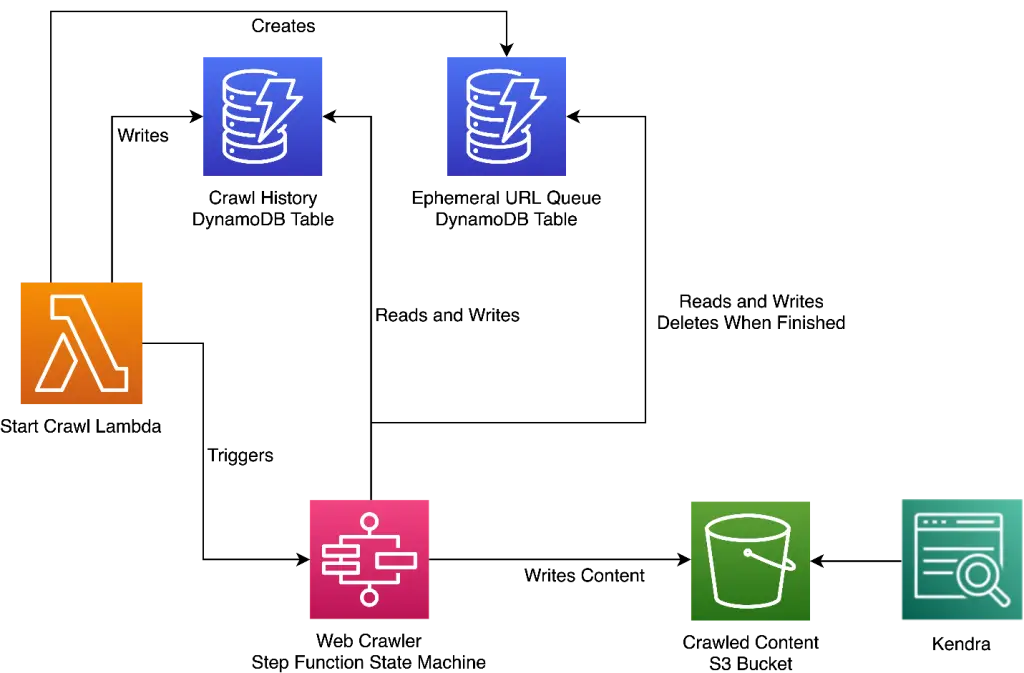
#5: Field Notes: How FactSet Uses ‘microAccounts’ to Reduce Developer Friction and Maintain Security at Scale
by Tarik Makota, Amit Borulkar, Nathan Goodman, Guarav Jain, Daniel Cordes
In this post, Tarik and Amit partner with customer FactSet to describe their “microAccounts approach,” where each AWS account is allocated for one project and is owned by a single team. This approach provides FactSet with the ability to operate according to specific needs of different teams and projects in the enterprise.
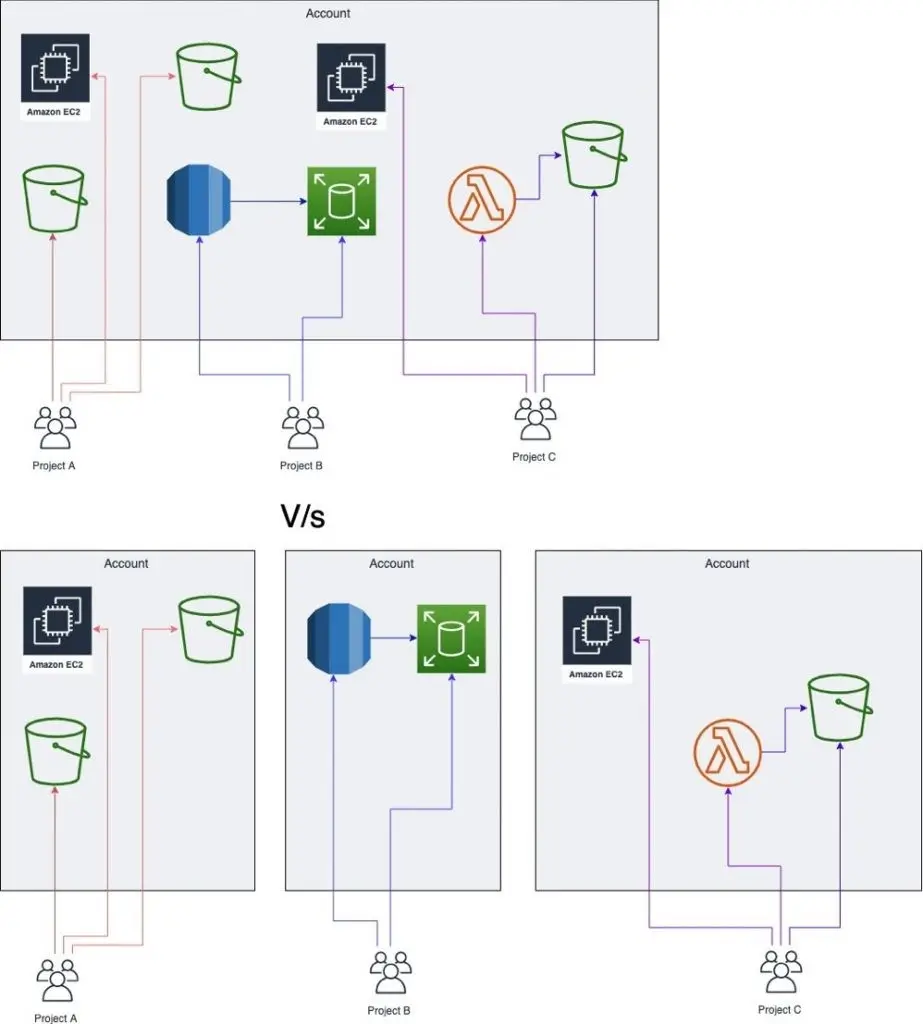
#4: Zurich Spain: Managing Millions of Documents with AWS
by Miguel Guillot, Jesus Bernalm, Oscar Gali
In this post, Miguel and Jesus partner with Zurich Spain to explain their transition from on-site infrastructure to AWS. This streamlined management of their underlying infrastructure resulted in a 65% run cost reduction, improved performance, and enablement of AWS analytical services.
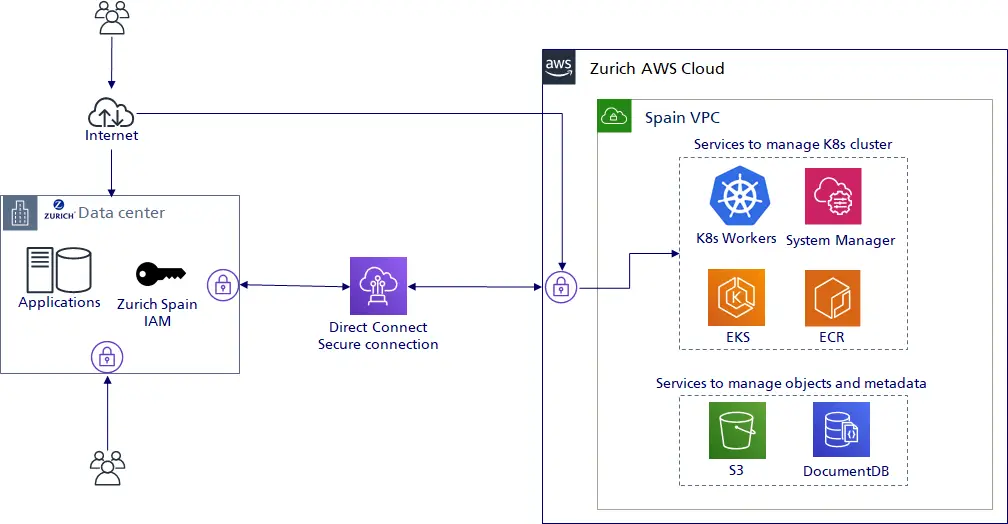
#3: Building Multi-Partner Integration on AWS Using Event-Driven Architecture
by Vivek Kant
In this post, Vivek offers a solution based on Event Driven Architecture (EDA) on AWS with Reactive design to integrate the large number of partners in Finserv MARKETS.
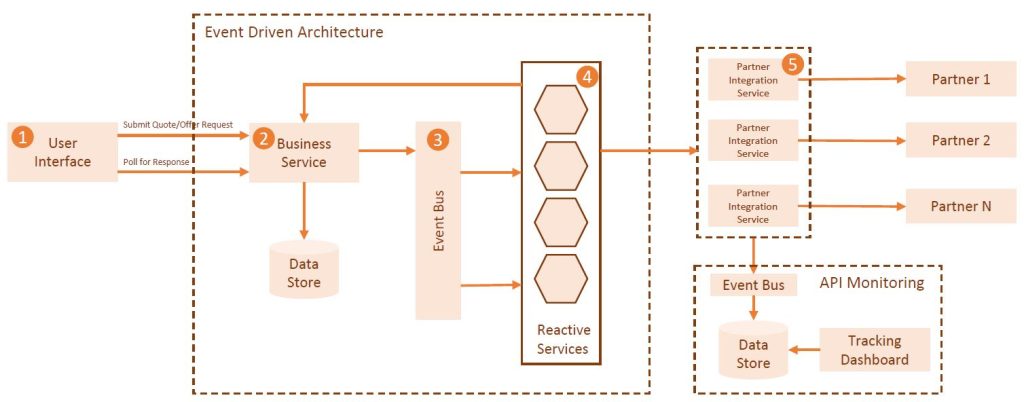
#2: Micro-Frontend Architectures on AWS
by Bryant Bost
In this post, Bryant shows you how to build micro-frontend architecture that simplifies the process of building complex frontend applications, allowing you to manage small, independent components.
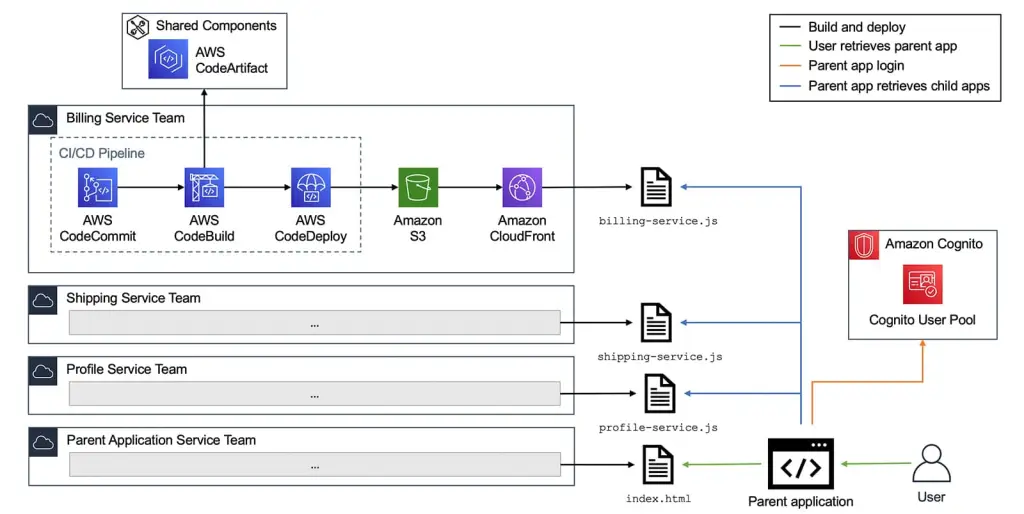
#1: Using Route 53 Private Hosted Zones for Cross-Account Multi-Region Architectures
by Anandprasanna Gaitonde and John Bickle
You can set up a multi-account environment using services such as AWS Control Tower to host applications and workloads from different business units in separate AWS accounts. However, these applications have to conform to a naming scheme based on organization policies and simpler management of DNS hierarchy. As a best practice, the integration with on-premises DNS is done by configuring Amazon Route 53 Resolver endpoints in a shared networking account. Following is an example of this architecture.
